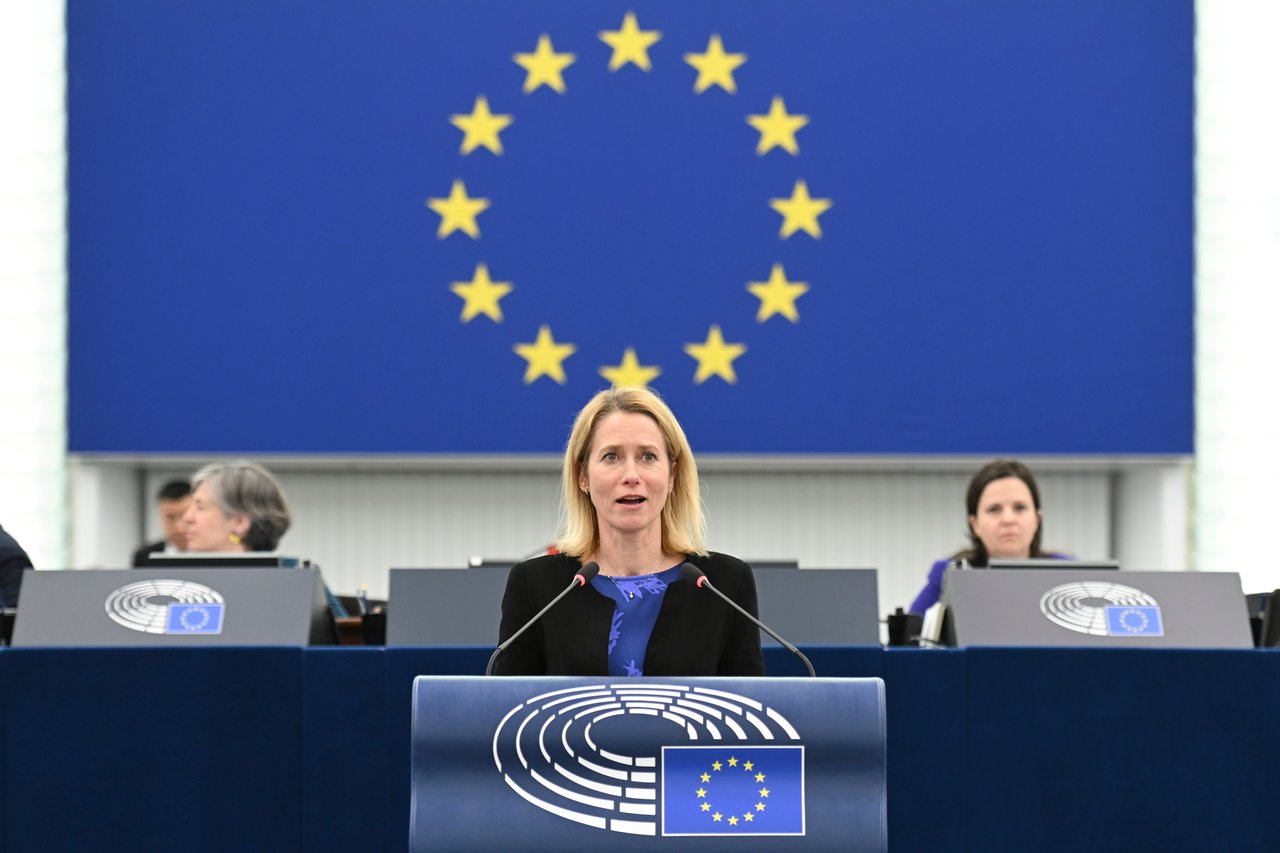EUobserved
On Europe day, meet the inner workings of the EU
Happy Europe day!
To celebrate the work of hundreds of institutions across the continent, the vision of the EU’s founders, the quiet everyday contributions of Europeans, and the quirks (and yes, the chaos) that make the Union what it is, we’ve pulled together a selection of our favourite stories exploring the inner workings (the mechanisms, mysteries, and deficiencies) of the EU.
Whether you're curious about how trilogues really work, fascinated by Hungary’s veto powers, surprised about the quiet power of comitology, amazed by legislative drama and institutional never-ending infighting, or just here seeking to be an informed citizen, we've got you covered.
Here’s to legislation, treaties, expert groups, too many acronyms, and 25 years of EUobserver’s archives shedding light on how the EU machinery works — enjoy the read!
EU files: How to get them, how to leak them, and what's the point?
Leaked EU papers are clickbait for Brussels media, but how do journalists get them and what are they good for?
How Article 7 could actually defeat Orbán already
The unanimity criteria should not discourage member states from seeking the deployment of Article 7 against Hungarian prime minister Viktor Orbán. If exercised wisely and strategically, peer pressure may bear fruit.

Getting secret EU trilogue documents - a case study
In 2018, EUobserver explained the details of a five-month odyssey to get access to the secret documents that led to the deal on organic farming.
Rule 241: the EU’s hidden ‘bombshell’ against anti-democratic forces
Legal scholars have dubbed it a "sleeping beauty" — a potent yet practically unused EU Parliament instrument akin to the EU's own Article 7, designed to safeguard the rule of law and the integrity of its institutions.
How to talk about Europe without boring the pants off people
In this oped, Gareth Harding argues that to connect EU politics with voters, speak clearly, show relevance, tell stories, avoid jargon, focus on impact, and never bore.
What is 'SECRET UE' anyway?
EU countries have a protocol for sharing official "secrets." But motives for classifying files are not always pure, and the number of really hush-hush papers in Brussels is tiny.

When the EU found the political will to act on rule of law
In 2012, it was against Orbán's Hungary that the EU first proposed to suspend cohesion funds under strengthened budgetary rules, after Budapest failed to step up efforts to end the country's excessive government deficit. Then Orbán toed the line.
The 'proof' problem with EU sanctions — and how to fix it
EU sanctions policies have one notable omission — they do not include corruption as an offence warranting restrictive measures.

Decoding the language and hierarchy of condemnation
Inside the EU’s diplomatic dictionary. The example of how the EU diluted criticism of Israel in a summit communiqué, after Israeli airstrikes killed hundreds of civilians in Gaza.
Do trilogues make EU law-making more or less transparent?
In 2017, journalist Nikolaj Nielsen dove into the shift towards secret law-making in the form of trilogues — behind-closed-doors negotiations between the European Parliament, the Council of the EU, and the European Commission.
How EU party finance rules short-circuit accountability
How the EU's response to weeding out corruption when it comes to financing European political parties is a lesson in how to short-circuit accountability.
A European Commission 'terminologist' lifts the lid on EU jargon
From 2006, a piece by Andrew Rettman looked into how poor translations of EU jargon can alienate ordinary people.
Could a common law for businesses lead to genuine simplification?
Anybody who has ever tried to read EU legislation knows it's frustratingly complicated. So, what constitutes genuine simplification?
Why the EU keeps declaring war on bureaucracy
How much is 'too much' bureaucracy, and why is it such a persistent issue?
This year, we turn 25 and are looking for 2,500 new supporting members to take their stake in EU democracy. A functioning EU relies on a well-informed public – you.